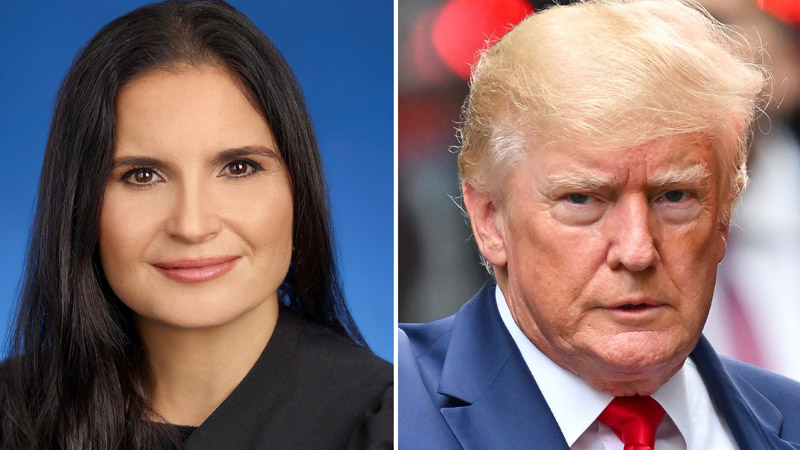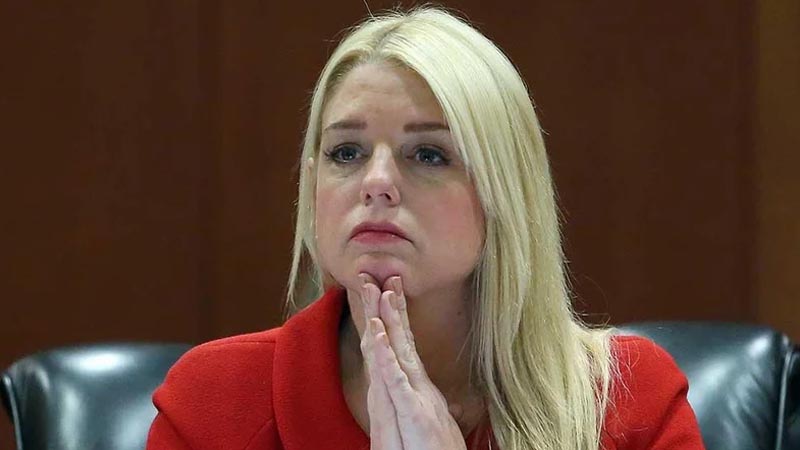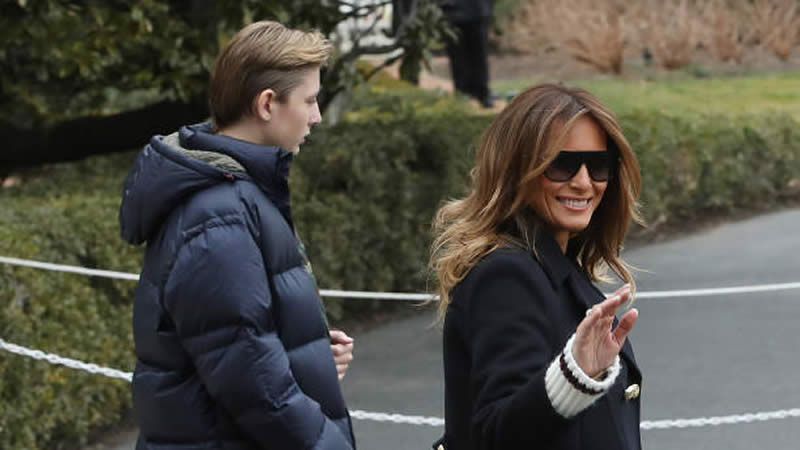“Hearing itself still weeks away” Legal Expert Raises Concerns Over Judge’s Handling of Trump’s Classified Documents Case

(Getty Images)
A confidential meeting held by Judge Aileen Cannon with special counsel Jack Smith has ignited a debate about the potential bias of the judge, who was appointed by Donald Trump, in the case concerning the former president’s handling of classified documents.
This perspective was highlighted by legal analyst Joyce Vance, who expressed her apprehensions in a detailed post on her Substack platform. She pointed out the unusual timing of an ex-parte meeting, which explicitly excludes Trump and his legal team, aimed at deliberating on the extent to which classified documents should be disclosed to the defense as per Section 4 of the Classified Information Procedures Act (CIPA).
Vance’s primary concern is not with the meeting itself, which is a common practice in cases that deal with classified information that is not suitable for public access, but with Judge Cannon’s approach to prolonging the legal procedures unnecessarily, According to Raw Story.
Vance criticized Cannon for the significant delays she has allowed in what many see as a case that should have been more straightforward. Despite expectations of a CIPA ruling before the holiday season, Vance noted the prolongation of the case, with the hearing now scheduled for weeks ahead, well into the end of January.
The meeting in question is crucial for the case Smith is building in Florida against Trump, who has declared his innocence against charges of conspiracy related to highly confidential documents discovered at his Mar-a-Lago estate.
The CIPA is designed to safeguard the handling of sensitive government information within the judicial process, allowing Smith, along with the Justice Department, to either exclude classified evidence from the trial or introduce unclassified summaries in its place, pending Cannon’s approval.
“I anticipated a CIPA (Classified Information Procedures Act) ruling ahead of the holidays. … But here we are at the end of January, with the hearing itself still weeks away.”
In the event of a denial from Judge Cannon, Smith has the option to appeal to the 11th Circuit Court swiftly, which Vance emphasizes as a critical aspect of the legal process. Despite both Smith and Trump submitting their motions and responses on December 6th, Judge Cannon set the hearing dates for February 15th and 16th, roughly eight weeks later, without providing any justification for the extended interval.
This delay strategy has been a focal point in the criminal cases Smith has initiated, as it could potentially allow Trump to dismiss the charges should he be re-elected in 2025. Vance argues that Judge Cannon’s scheduling decisions border on undermining the case, especially by postponing the resolution of Section 4 motions and allowing the case to linger unnecessarily. This approach, according to Vance, is particularly problematic in the context of CIPA, where timely proceedings are essential.


